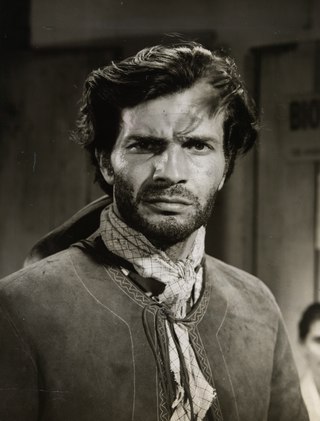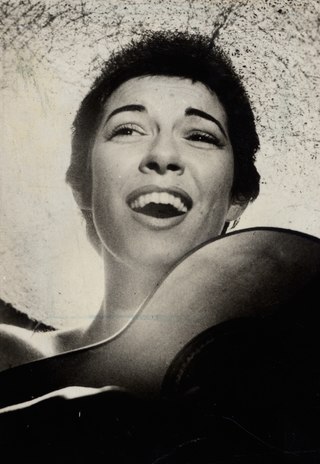Related Research Articles

Samba is a name or prefix used for several rhythmic variants, such as samba urbano carioca, samba de roda, recognized as part of the Intangible Cultural Heritage of Humanity by UNESCO, amongst many other forms of samba, mostly originated in the Rio de Janeiro and Bahia states.

Germano Almeida is a Cape Verdean author and lawyer.
Sergio Frusoni was a poet and promoter of the Cape Verdean Creole language.
António Cohen da Cunha Telles was a Portuguese film director and producer.

Claridade was a literary review inaugurated in 1936 in the city of Mindelo on the island of São Vicente, Cape Verde. It was part of a movement of cultural, social, and political emancipations of the Cape Verdean society. The founding contributors were Manuel Lopes, Baltasar Lopes da Silva, who used the poetic pseudonym of Osvaldo Alcântara, and Jorge Barbosa, born in the Islands of São Nicolau, Santiago and São Vicente, respectively. The magazine followed the steps of the Portuguese neorealist writers, and contributed to the building of "Cape Verdeanity", an autonomous cultural identity for the archipelago.
Manuel António de Sousa Lopes was a Cape Verdean novelist, poet and essayist. With Baltasar Lopes da Silva and Jorge Barbosa he was a founder of the journal Claridade, which contributed to the rise of Cape Verdean literature. Manuel Lopes wrote in Portuguese, using expressions typical for Cape Verdean Portuguese and Cape Verdean Creole. He was one of those responsible for describing world calamities of the droughts that caused several deaths in São Vicente and Santo Antão.

Tarcísio Pereira de Magalhães Sobrinho, known professionally as Tarcísio Meira, was a Brazilian actor.

Alexandre da Silva Mariano, best known as Amaral, is a Brazilian retired professional footballer who played as a defensive midfielder.

Ignez Magdalena Aranha de Lima Barroso was a Brazilian sertanejo singer, guitarist, actress, TV presenter, librarian, folklorist and teacher.
Rodrigo Fernandes Alflen, commonly known as Rodrigão, is a Brazilian retired footballer who played as a striker. He is the current youth technical coordinator of Santos.
Paulo Jorge Pedro Lopes is a Portuguese former footballer who played as a goalkeeper. A former goalkeeping coach of Benfica, he is the current head coach of Benfica's under-23 team.

Fernando Vendrell is a Portuguese film director and producer.
The Island of Contenda is a 1995 drama film directed by Leão Lopes.
Leão Lopes is a Cape Verdean director, writer, plastic artist and professor.
Izaías Almada is a Brazilian novelist, playwright, and screenwriter. In 1963 he moved to the city of São Paulo where he worked in theater, journalism, TV advertising, and script writing. Between the years of 1969 and 1971, he was a political prisoner of the military coup in Brazil that took place in 1964.
The Culture of the Island of São Vicente, Cape Verde is the second richest in the nation, with a range of customs and practices common in the islands,

João Guedes Branco is a French-born Portuguese theatrical actor and reviewer, professor, and programmer. He had a theatrical career for over 30 years and appeared in more than 50 plays, most of them in Mindelo, Cape Verde.
José Lopes da Silva was a Cape Verdean professor, journalist and poet.
João Lopes Filho is a Cape Verdean anthropologist, historian, university professor, novelist and an investigator.
Edi Mauricio Sanches Semedo is a Portuguese professional footballer who plays as a winger or forward for Cypriot First Division club Aris Limassol.
References
- ↑ "Nominations and awards of Fintar o Destino". IMDb. 1998. Retrieved 29 July 2012.